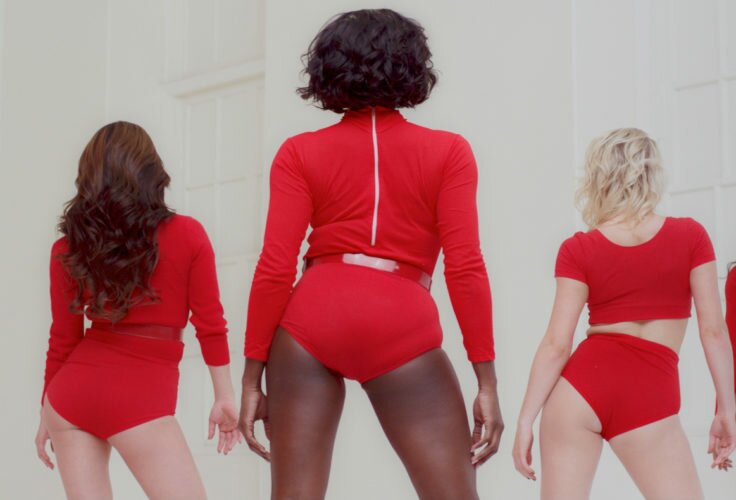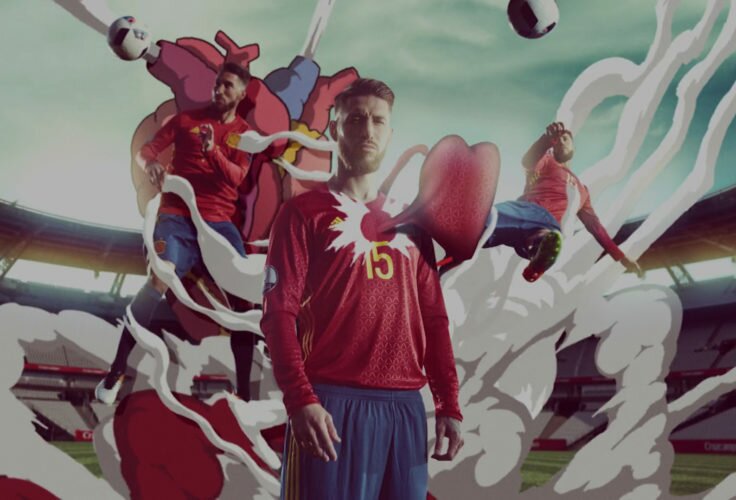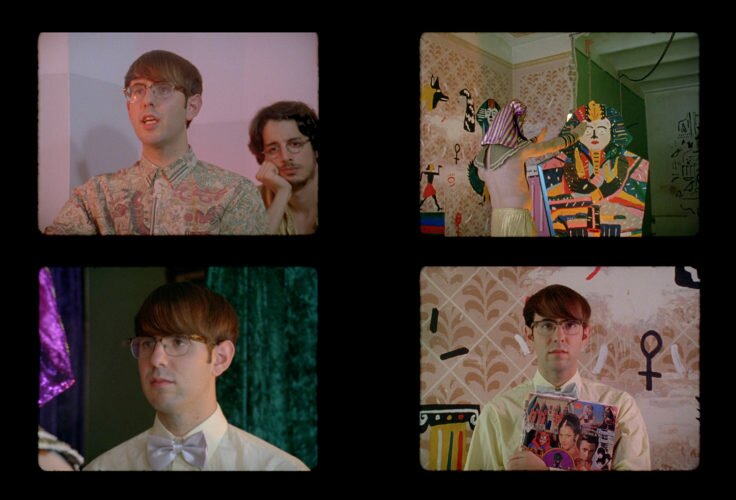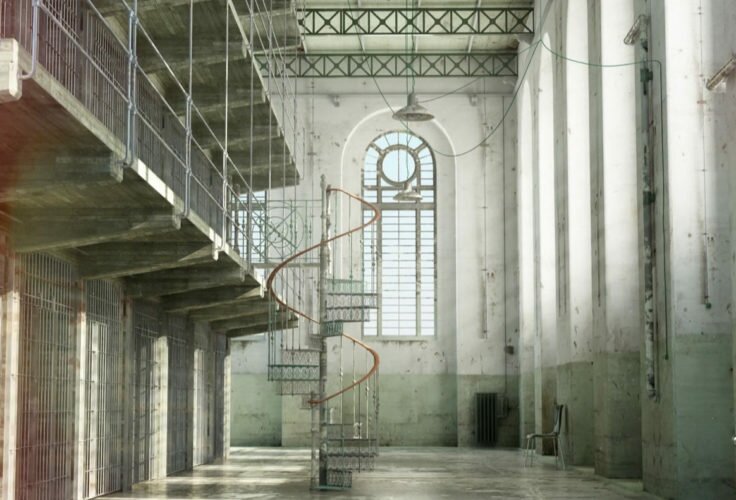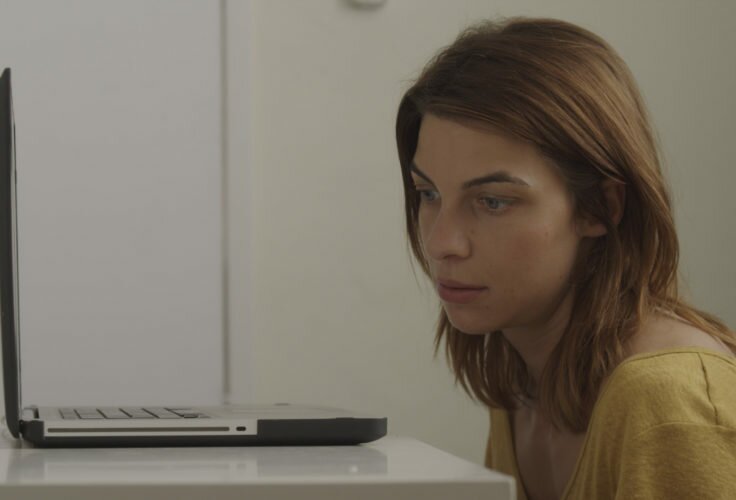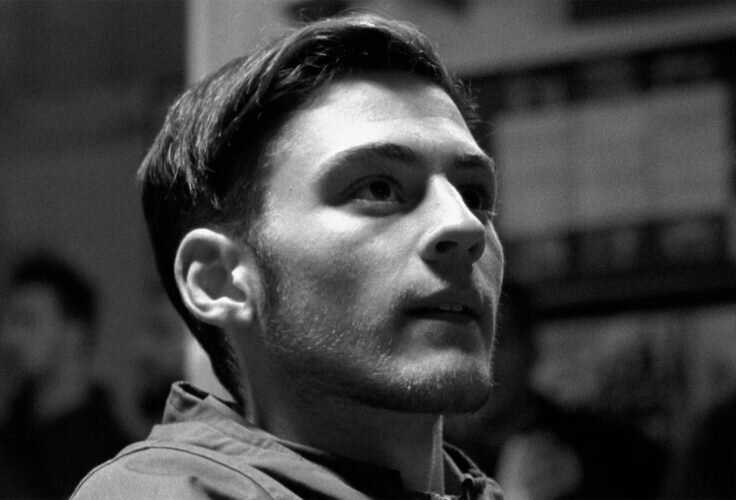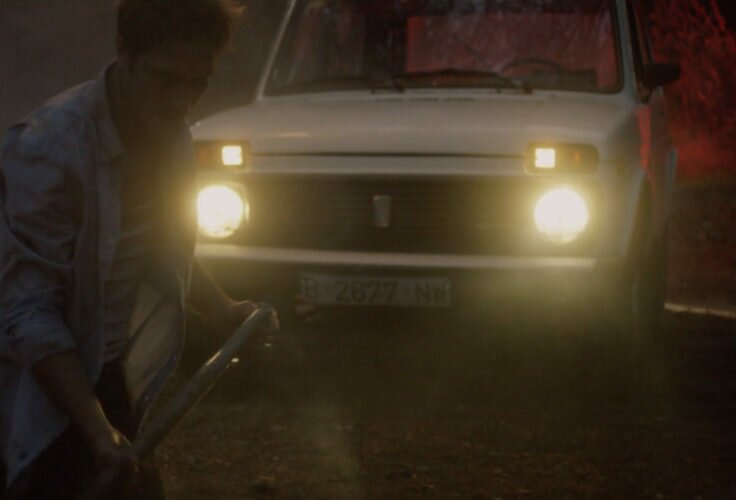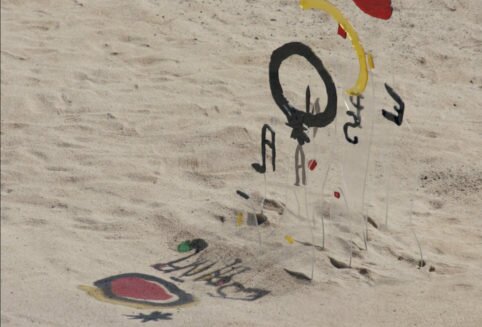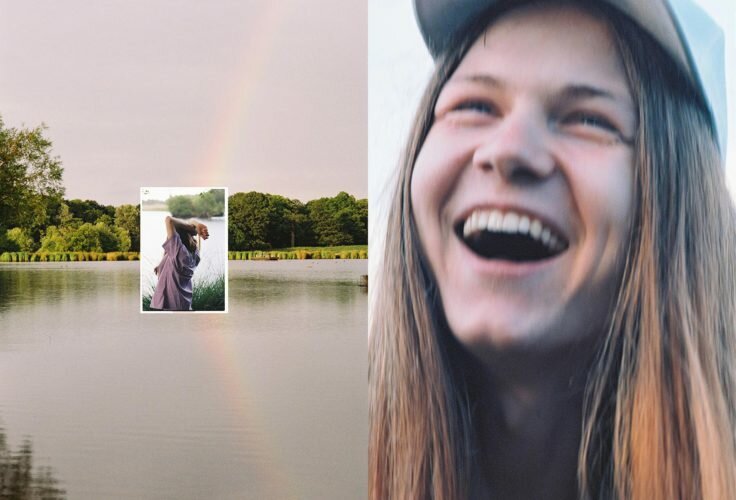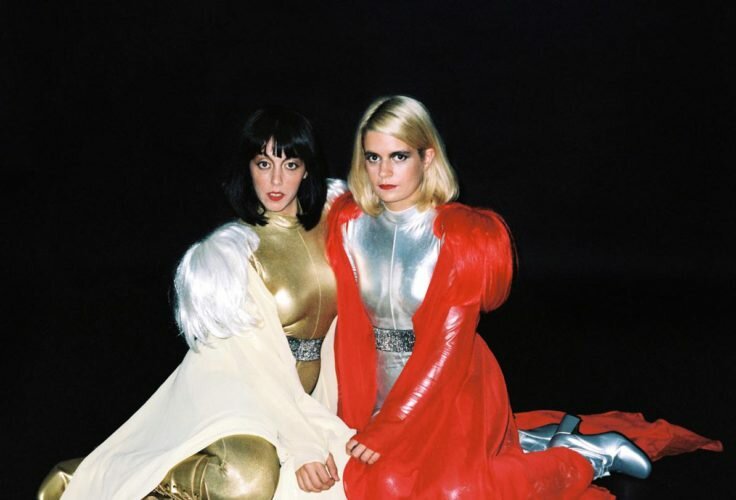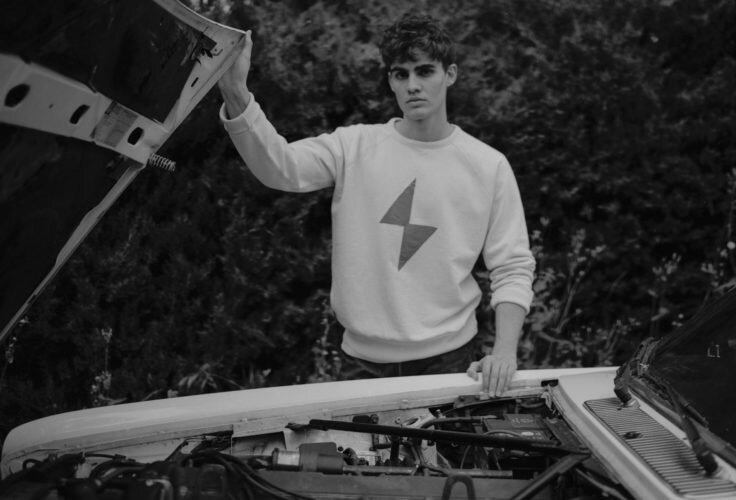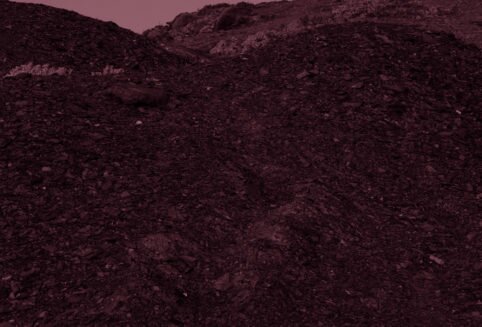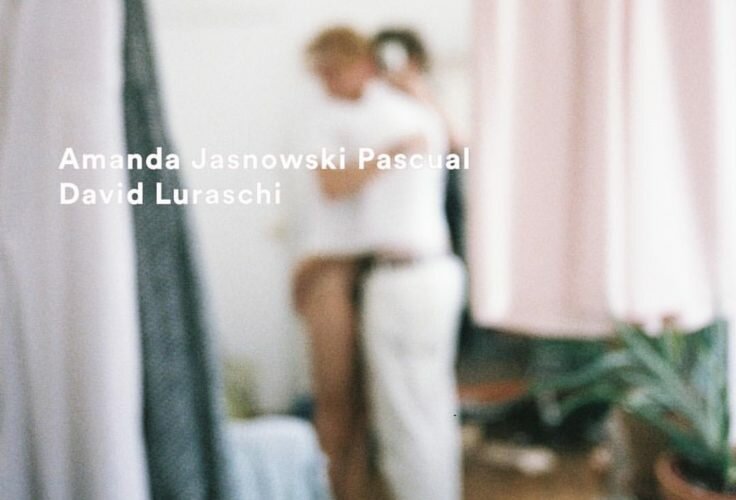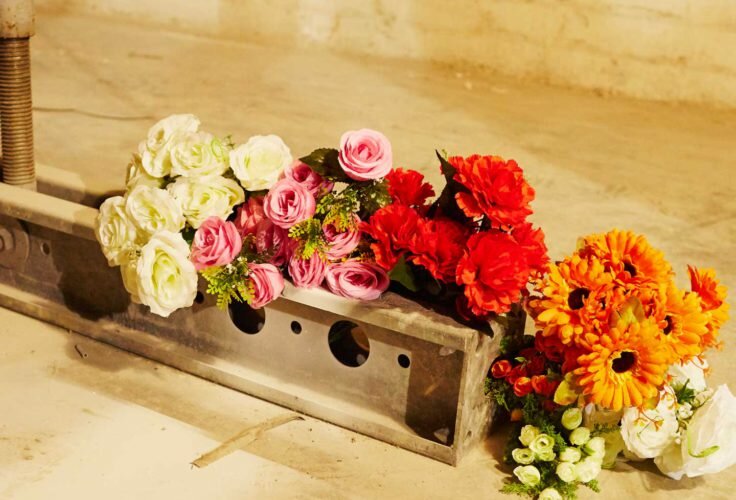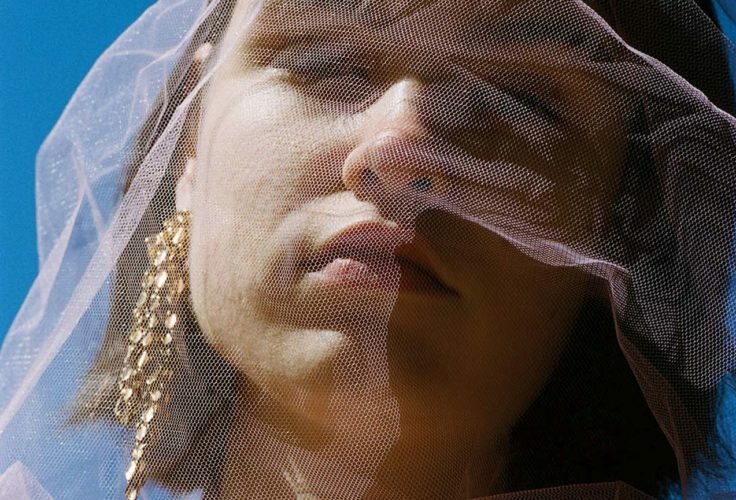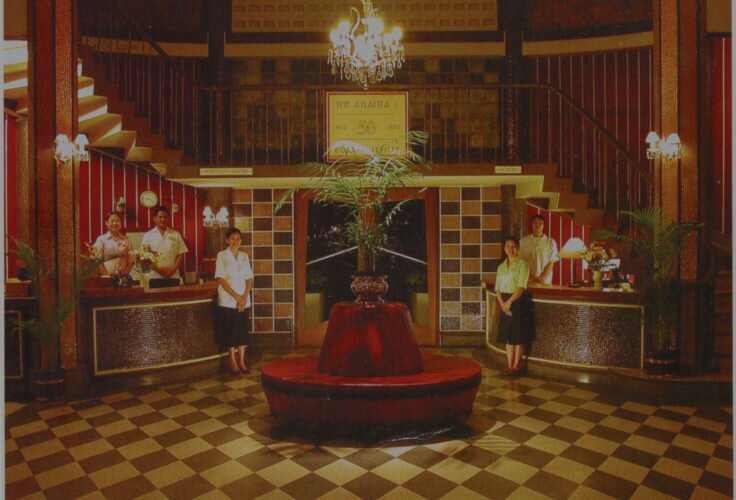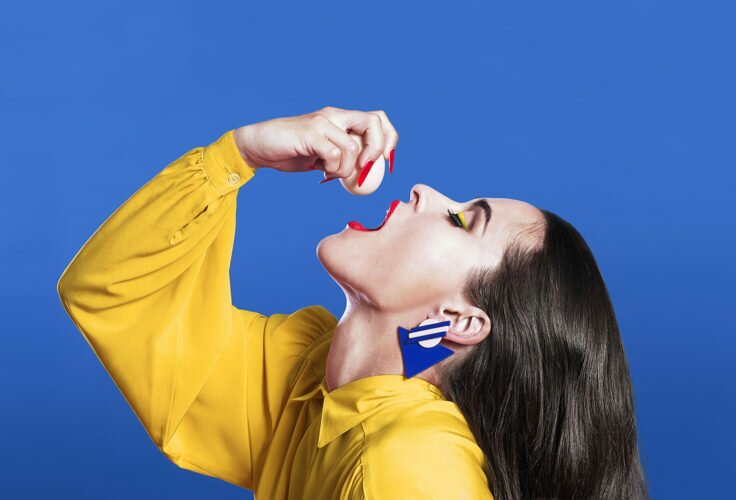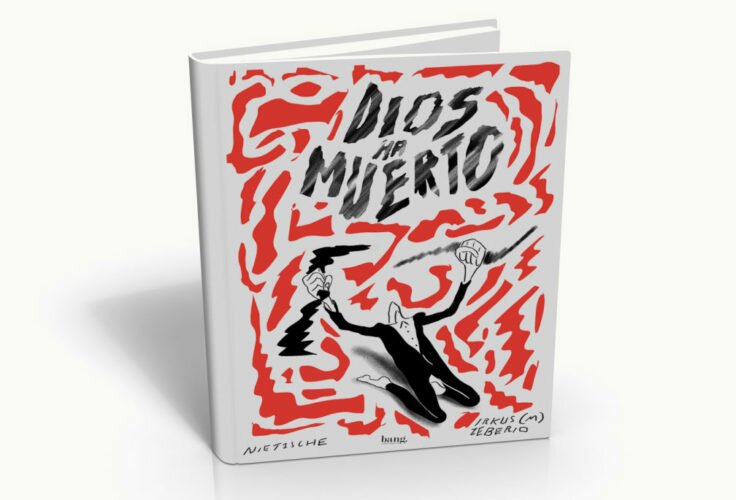Jordi Costa reveals Franquin’s double life. A white cartoonist with black ideas. Sometimes, his two faces (sinister and childish) coexisted within the same cartoon.
Popeye

Stolen cartoons by Jordi Costa
When Josechu, el Vasco is approached by, let’s say, a man with a man-sized plant pot, dithyrambic proportions and wavy plant in the middle, asking him for help to take the big thing up to a rooftop, the TBO‘s immortal character just can’t say no and even if he’s busy reading a seemingly exciting article published on the pages of a newspaper. Holding the huge pot –and with the guy inside!!– in his right arm –or super-arm!–, the Basque strongman decides to quietly climb the steep set of stairs without giving the thing too much importance and, check this out, without stopping his reading of the magnetic news article! That’s the way Josechu, el Vasco is (or was), a guy embodying to put it somehow, the quintessence or idea of Basqueness, understood as a synthesis of a brute with a noble heart. Josechu is earnest and obliging, always ready to help. Even if sometimes his Herculean physique doesn’t take into account the real limits of his contour and generates some damages in other people’s furniture or even in urban landscapes. Throughout his long life on the pages of TBO, Josechu’s energy ruined such things as pool tables, people’s hands, birthday cakes, trees –I’d say even orchards–, stones and ankles, among many other things. Never with bad intentions: the bruises the character left behind were always due to excessive displays of care –a Basque sort of care– and not to a tendency towards violence that some members of the public sphere would insist upon associating to the difference portrayed by this unforgettable white humour titan, naïf and direct, that his creator Joaquim Muntañola, always registered with easy, loose and dynamic strokes.
It’s a well-known fact that our national humour always tries to extract comic situations from regional singularities. We’re a small country, but full of different identities and, thus, with endless possibilities of conflicts with the Other. According to a very basic and clichéd division we are, essentially, a country populated by people that are scrooges (Catalonia), bewildered (Galicia), cheeky (Madrid), lazy (Andalucía), stubborn (Zaragoza) and human beasts (Basque Country), among other varieties. It came a time when this last category (the Basque one) began to embody Maximum Otherness and got rid of the humorous discourse rendered in petrol station cassettes and bar jokes to become the specialty of other much more scary instances of comicalness: of a fascist prone social democracy that each time it heard a reference to ETA rushed to demonstrate its condemn before even trying to put things into context. ETA was born in 1958 and despite the issue being the object of historical controversy, in principle it didn’t start committing murders (at least officially) until 1968. It took a longer time than that to lose the sympathies of any citizen with a bit of a brain on this side of abertzale extremism (a thing that is generally forgotten due to a strategic oblivion on behalf of some left-wing sectors, or else for a reasonable mechanism of mental health preservation after realising the dimensions and implications of that original sin called pre-Transición). Josechu, el Vasco was born in 1963: that is, with ETA already in the picture but still no blood (we suppose) in its record. The character emerges, thus, in a transition time, when white humour about what was meant to be Basque was still possible, but soon before a long period of silence started and that would end up after a long (very long) time to be started again by graphic humour first (TMEO, for instance), TV comedy (legendary show Vaya semanita) and, finally, as we all know, film comedy, which, through the Ocho apellidos vascos phenomenon resituated The Basque Thing on the territory of white and innocent humour –and to the mainstream that had been happily occupied by Josechu before–, and, through other examples –the pilot in the series Aúpa Josu or the film Negociador–, it calibrated the possibilities of taking as object of high comedy precisely the memory of that silent marked by uneasiness and taboo. An important detail: the humorous silence about the Basque reality starts after ETA has already ceased to kill.
I am very keen on Muntañola’s art, for several reasons. Every time he’s mentioned people say that he wasn’t one of the best authors included in TBO, but I used to love the stroke he used because it seemed it had drawn a character in one go, in one movement of ink on paper. I also like the fact that Muntañola was one of those cartoonists that at a given moment became film critic: I remember reading his reviews –was it on La Vanguardia?– but I can’t recall whether we agreed on the same taste. The most probable thing is that I was reading his reviews when I was too young to even watch the films he was reviewing with, I think, more relaxed and kind humour than real malice: it comes to mind, as if I’d seen it only yesterday, the caricature of Liza Minnelli that illustrated his review about Vincente Minelli’s Nina. I was ten years old. Muntañola was an animator as well –with José Escobar: one of his short-films about Fakir González, by the way, appears on the pristine collection compiled by the DVD pack Del trazo al píxel and reveals an animating intelligence at full speed, able to fix effective and eccentric visual gags in motion– and even a playwright: his most famous play, En Baldiri de la costa, granted notable fame to a certain Joan Capri, that actor who was also very much loved in my household.
But, as we were saying, Josechu, back at the time when the Basque people was beginning to embody a concept of Maximum Otherness, inhabited a neutral area, a kind of euskaldún fortress kept forever at an age of innocence. It’s said that the character wasn’t born out of the blue, but it was an appropriation, plagiarism or development of the character Robustiano Fortachón that Valencian author Carbó created for the pages of Jaimito in 1959. I hadn’t heard of that character, but the pages I’ve read to write this article leave no doubt as to the relation (I’m not sure if completely decent and irreproachable) between him and Josechu, although there are many differences between them: Robustiano showed less empathy and kindness, embodied an idea of the Basque that wasn’t balanced with the eagerness to help of Josechu, whom, at times, seemed a brute used by a world of slackers with little muscle and a lot of cheek. I’m surprised no Basque abertzale fanzines appropriated the character to take it to a more political incorrect sphere. In that supposed Basque Country with no backgrounds or landscape evoked by Muntañola’s minimal style, Josechu worked as our very own Popeye, although with less character hues and with a much more simple comicalness. On today’s Stolen Cartoon, Josechu has a pop encounter: he crosses a real-life strongman –boxer Urtain (who I remember seeing turned into a character in other cartoons from the same years)– and, far from starting a fight to see who’s the strongest, he decides to shake his hand with his characteristic energy. Urtain answers back with affection, the consequence being the thinning of both characters’ arms! Here, Josechu was still in one piece but proved that, in a world of equals, his granite nature could be as flexible as plasticine. I’m not sure whether it was Muntañola’s intention, but this sum of Basque + Basque intensified the Basqueness of both characters, granting their arms the elegant curve of a basket to play Basque pelota… but without the need for it!
